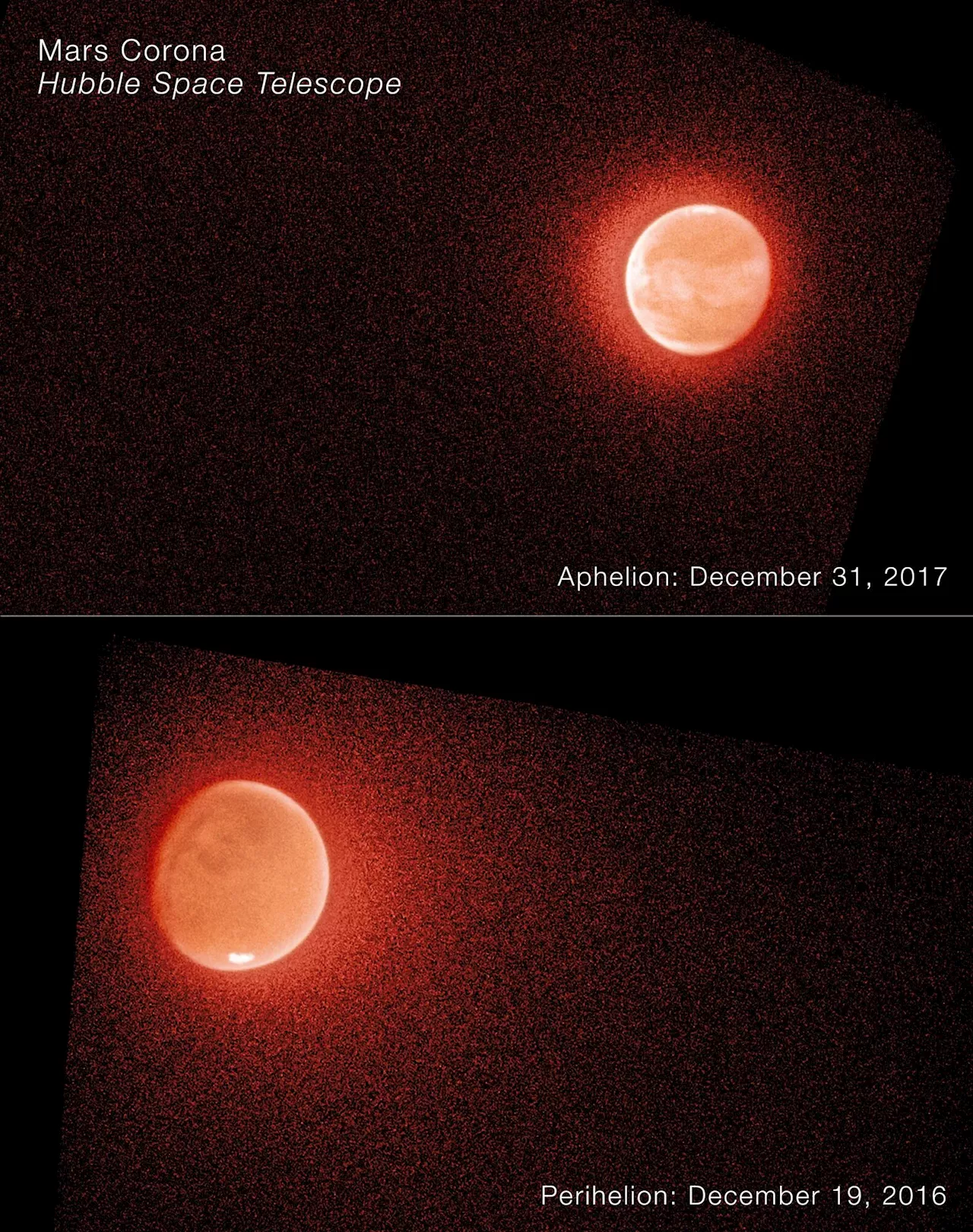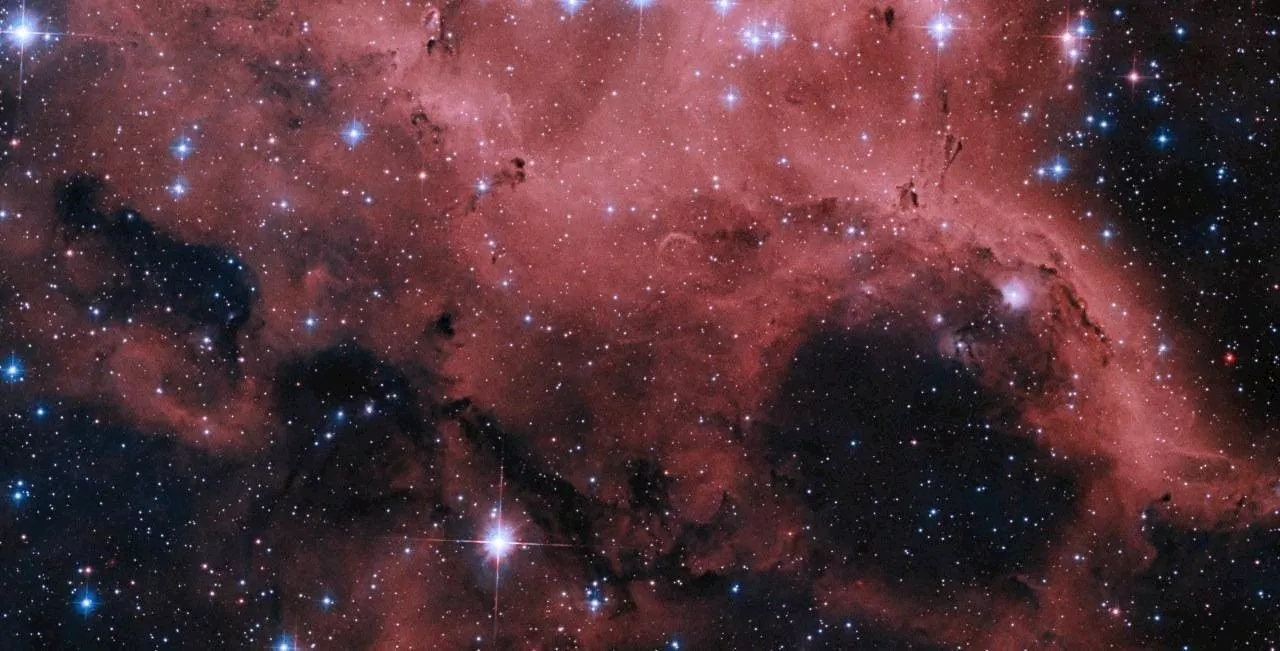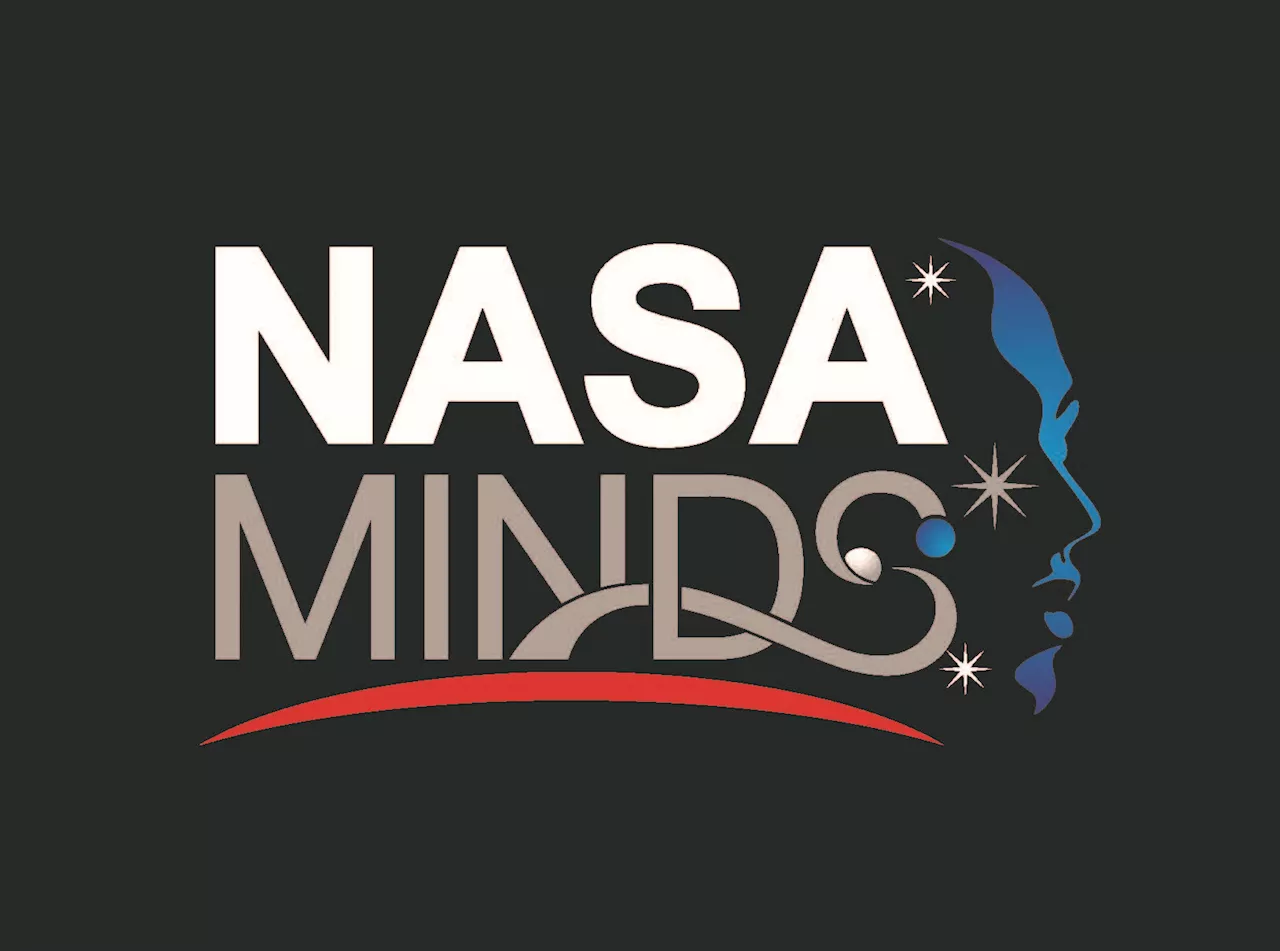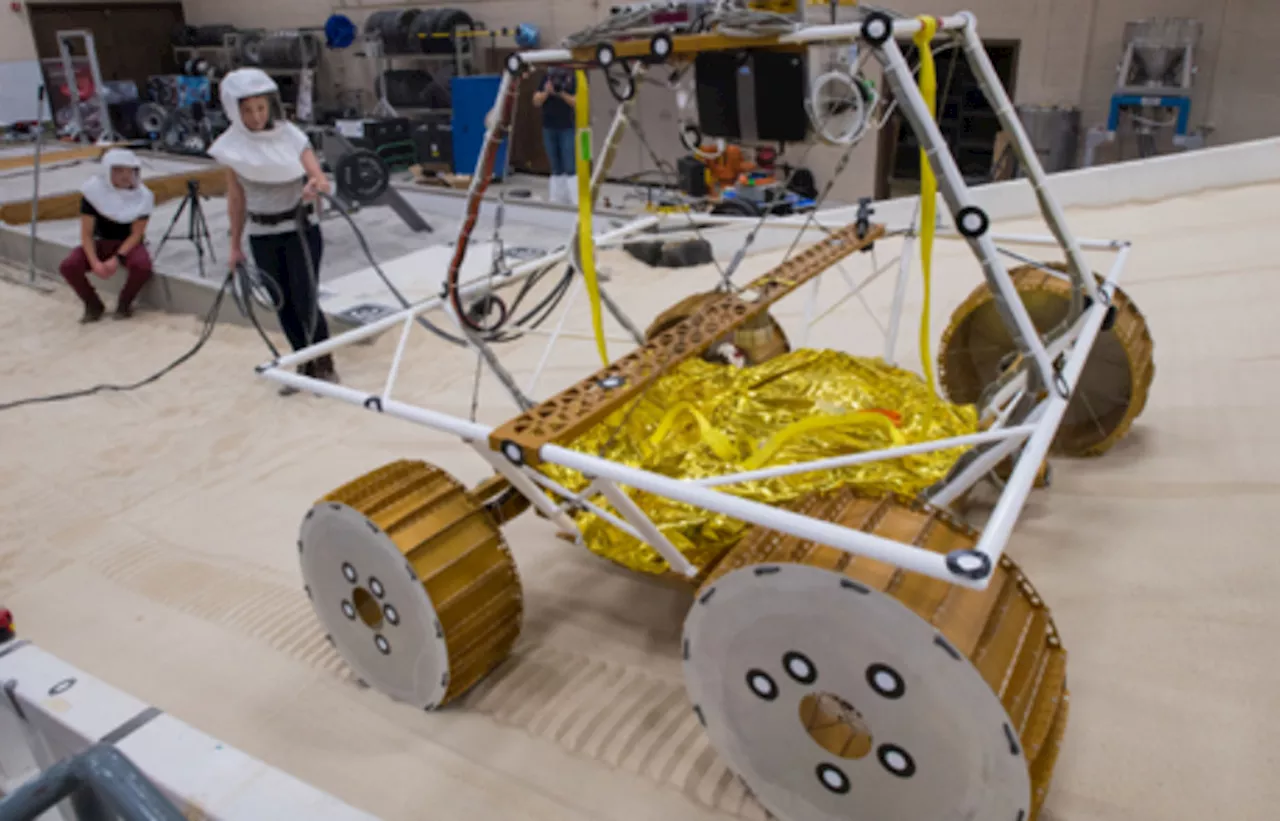With the help of NASA's Hubble Space Telescope, an international team of scientists has found more black holes in the early universe than has previously been reported. The new result can help scientists understand how supermassive black holes were created.
With the help of NASA 's Hubble Space Telescope, an international team of scientists has found more black holes in the early universe than has previously been reported. The new result can help scientists understand how supermassive black holes were created.
"Many of these objects seem to be more massive than we originally thought they could be at such early times -- either they formed very massive or they grew extremely quickly," said Alice Young, a PhD student from Stockholm University and co-author of the study published inBlack holes play an important role in the lifecycle of all galaxies, but there are major uncertainties in our understanding of how galaxies evolve.
"The formation mechanism of early black holes is an important part of the puzzle of galaxy evolution," said Matthew Hayes from the Department of Astronomy at Stockholm University and lead author of the study."Together with models for how black holes grow, galaxy evolution calculations can now be placed on a more physically motivated footing, with an accurate scheme for how black holes came into existence from collapsing massive stars.
Galaxies Astrophysics Stars Astronomy Big Bang NASA Cosmology
United States Latest News, United States Headlines
Similar News:You can also read news stories similar to this one that we have collected from other news sources.
 NASA's Hubble, MAVEN help solve the mystery of Mars's escaping waterMars was once a very wet planet, as is evident in its surface geological features. Scientists know that over the last 3 billion years, at least some water went deep underground, but what happened to the rest? Now, NASA's Hubble Space Telescope and MAVEN (Mars Atmosphere and Volatile Evolution) missions are helping unlock that mystery.
NASA's Hubble, MAVEN help solve the mystery of Mars's escaping waterMars was once a very wet planet, as is evident in its surface geological features. Scientists know that over the last 3 billion years, at least some water went deep underground, but what happened to the rest? Now, NASA's Hubble Space Telescope and MAVEN (Mars Atmosphere and Volatile Evolution) missions are helping unlock that mystery.
Read more »
 NASA Hubble Telescope Snaps ‘Sparkling Candy Floss’ Region Of SpaceAmanda Kooser is a New Mexico-based journalist who covers quirky and unusual science stories. She’s explored a mushroom growing on a frog, perfume for dogs and strange rocks on Mars. As a freelance writer, Kooser has delved into gadgets, geek culture, public schools, weird foods, transatlantic travel, broadband and Route 66.
NASA Hubble Telescope Snaps ‘Sparkling Candy Floss’ Region Of SpaceAmanda Kooser is a New Mexico-based journalist who covers quirky and unusual science stories. She’s explored a mushroom growing on a frog, perfume for dogs and strange rocks on Mars. As a freelance writer, Kooser has delved into gadgets, geek culture, public schools, weird foods, transatlantic travel, broadband and Route 66.
Read more »
 NASA MINDS FAQ - NASACheck back soon for updated frequently asked questions.
NASA MINDS FAQ - NASACheck back soon for updated frequently asked questions.
Read more »
 About NASA MINDS - NASANASA Minority University Research and Education Project (MUREP) Innovative New Designs for Space (INDS) (NASA MINDS) is a multi-semester undergraduate level
About NASA MINDS - NASANASA Minority University Research and Education Project (MUREP) Innovative New Designs for Space (INDS) (NASA MINDS) is a multi-semester undergraduate level
Read more »
 NASA MINDS FAQ - NASACheck back soon for updated frequently asked questions.
NASA MINDS FAQ - NASACheck back soon for updated frequently asked questions.
Read more »
 Hubble finds more black holes than expected in the early universeWith the help of NASA's Hubble Space Telescope, an international team of researchers led by scientists in the Department of Astronomy at Stockholm University has found more black holes in the early universe than has previously been reported. The new result can help scientists understand how supermassive black holes were created.
Hubble finds more black holes than expected in the early universeWith the help of NASA's Hubble Space Telescope, an international team of researchers led by scientists in the Department of Astronomy at Stockholm University has found more black holes in the early universe than has previously been reported. The new result can help scientists understand how supermassive black holes were created.
Read more »
